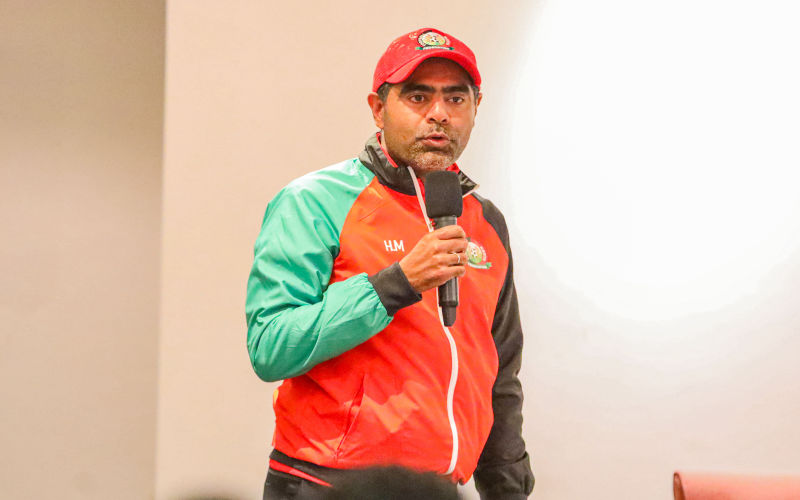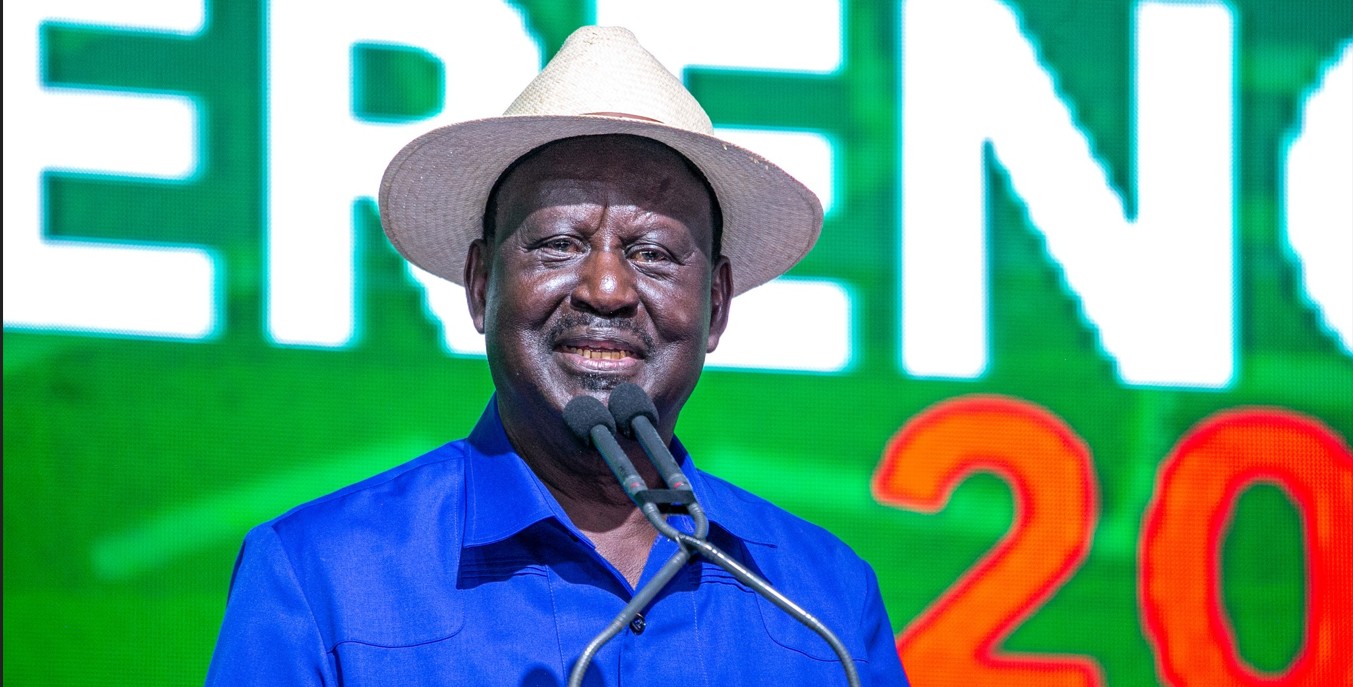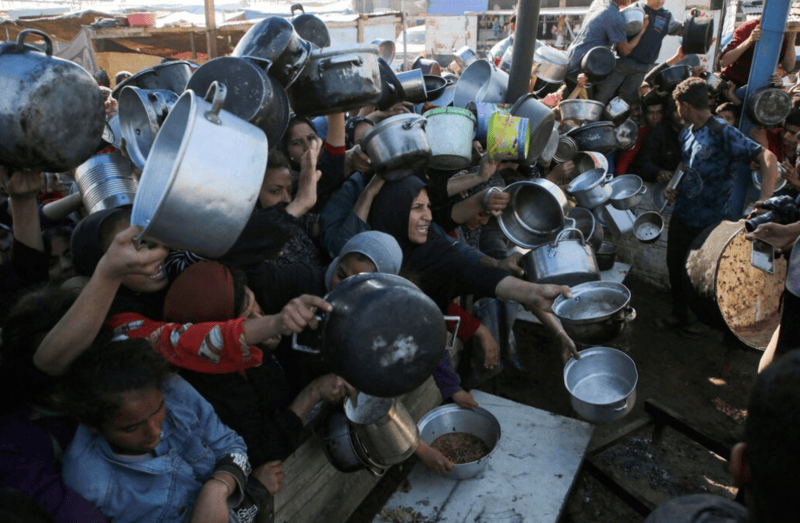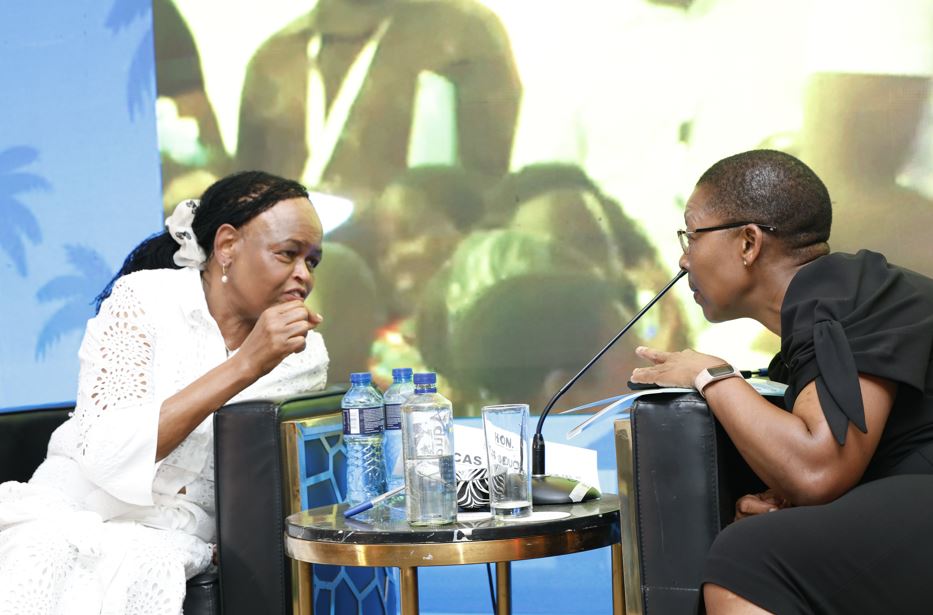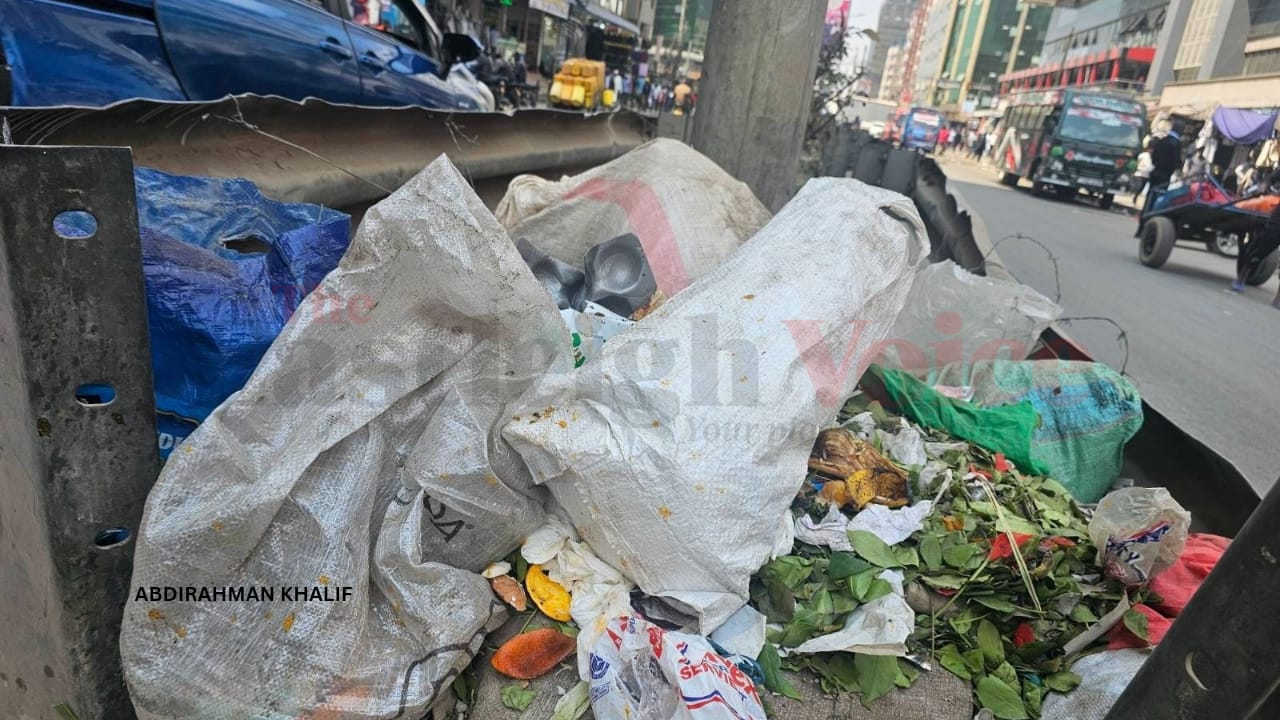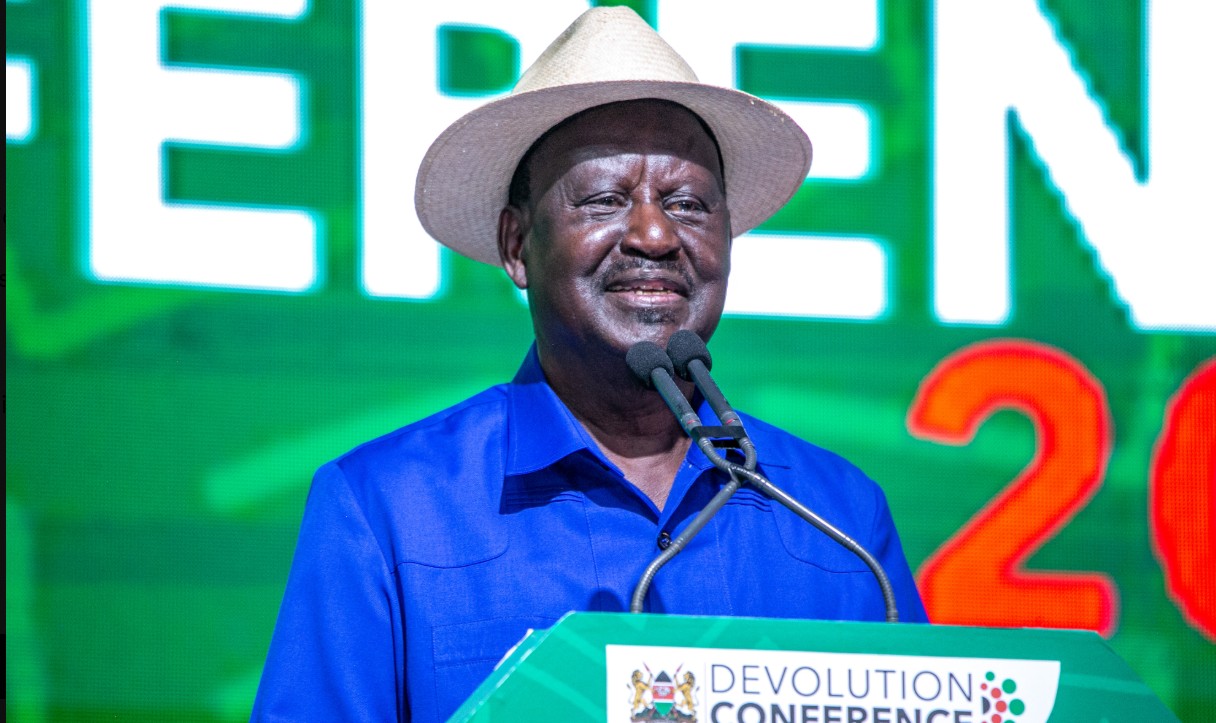Kenya risks severe rice shortage, price hikes if duty-free imports are stopped, government warns

Kagwe told the court that the country’s annual rice demand stands at about 1.3 million metric tonnes (MT), while domestic production accounts for only 20 per cent. This leaves a deficit of more than 80 per cent, roughly 1 million MT, which is mostly covered through imports.
The government has warned that Kenya could face a severe rice shortage and a sharp increase in prices if the courts uphold a petition seeking to block the importation of 500,000 metric tonnes of duty-free rice.
Agriculture and Livestock Development Cabinet Secretary Mutahi Kagwe has cautioned that halting the imports would worsen the cost-of-living crisis and leave both households and public institutions struggling to secure supplies.
More To Read
- High Court freezes Cabinet decision allowing importation of 500,000 tonnes of duty-free rice
- Over 31,000 schools equipped with farming tools, as 4K Clubs revived to foster agricultural skills countrywide
- Agriculture and Food Authority defends Kenya’s duty-free rice imports amid outcry from local farmers
- Kenya approves duty-free import of 500,000 tonnes of rice
- Kenya to produce 70 million livestock vaccine doses annually by 2027
- 7,000 bags of fertiliser looted from NCPB's Maua depot during June 25 protests - Agriculture CS Mutahi Kagwe
In an affidavit, Kagwe told the court that the country’s annual rice demand stands at about 1.3 million metric tonnes (MT), while domestic production accounts for only 20 per cent. This leaves a deficit of more than 80 per cent, roughly 1 million MT, which is mostly covered through imports.
“The importation is necessary to stabilise prices and avert a potential food crisis,” he said, adding that blocking the consignment would trigger further price hikes and shortages.
He noted that the retail price of Grade 1 milled white rice has already risen to between Sh190 and Sh220 per kilogram, compared to an average of Sh150 per kilogram during last year’s duty-free import period.
Projections indicate that Kenya’s per capita rice consumption in 2025 will hit 29 kilograms, with the national population estimated at 54.79 million. This equates to an annual requirement of about 1.5 million MT, or roughly 125,000 MT per month. Between July and December 2025 alone, Kagwe said the country will need about 625,000 MT of rice.
The CS also disclosed that the Kenya National Trading Corporation (KNTC) has signed contracts with the Mwea Rice Growers Cooperative to mop up local stocks for supply to government institutions. However, available farmer stocks currently stand at just 20,000 50-kilogram bags—far short of the projected demand of more than 350,000 bags for key public institutions.
According to the affidavit, the Ministry of Education requires 130,000 bags (Komboka), special programmes 90,000 bags (Komboka), the State Department for Correctional Services 60,000 bags (Sindano), and the Kenya Defence Forces 40,000 bags (SPR). Other agencies, including the Administration Police, General Service Unit, National Youth Service, and Kenya Police Service, also have substantial rice needs.
The Kerugoya court is scheduled to issue directions on the matter on Friday, August 15, at 2:30 pm.
The High Court had temporarily halted the importation on August 11 after farmers lodged a petition opposing the move, arguing it would hurt local produce stored at the Mwea Rice Growers Multi-Purpose Cooperative Society stores.
Top Stories Today



